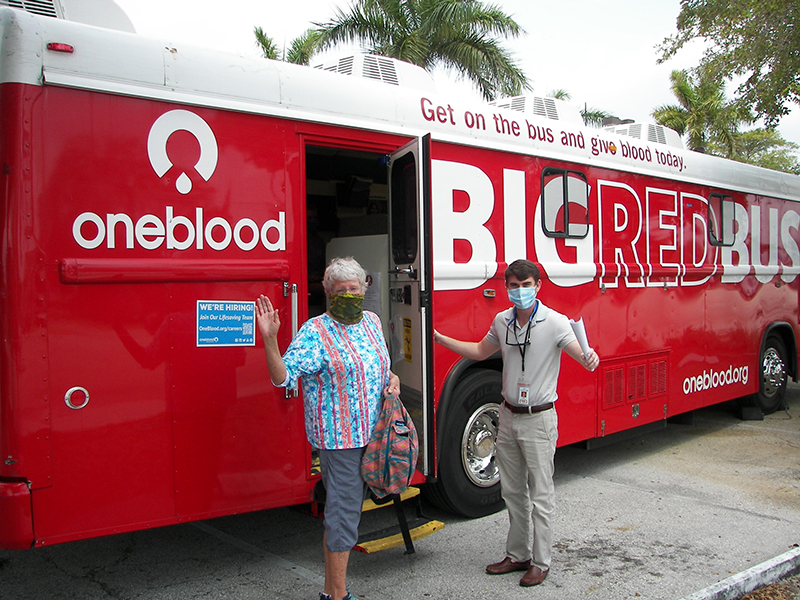By Robert F. Lewis
The COVID-19 pandemic continues to cripple the on-premise hospitality industry, including our local bars and restaurants. While restaurants have been allowed to continue providing limited take-out and delivery services, the loss of on-premise traffic is forcing businesses to pivot in a big way. Strict social distancing protocols shoved any business hoping to survive and remain relevant during the pandemic, into instant quick-service mode. The transition is not without cost, though, as an effective shift to quick service requires incorporating new online and digital platform ordering technology and new internal protocols for safe food handling and packaging. As profits lag and the gap between operational costs and sales income widens, businesses may need to consider a re-negotiation of long-term debt commitments, such as leases and liquor licensing finance agreements, aside from re-defining their business platforms.

The CARES Act’s Small Business Paycheck Protection Program (PPP) provided relief earlier this month to a small minority of businesses, and new federal funding programs offer hope but not a solution. The PPP also has its own limitation on use of funds and does not account for some of the larger expenses that are critical to the operation of a restaurant or bar. Unfortunately, many states require that alcohol licenses be purchased on the open market from existing owners. Florida, for example, provides for special alcohol licenses that are issued by the state as a matter of right to applicants meeting various specified statutory conditions, and quota alcohol licenses that are purchased from existing license owners and which do not require compliance with as many conditions. The costs associated with acquiring a quota license typically depend on the county jurisdiction in which the business is located. In Miami-Dade County, Florida, for example, an alcohol license can cost between $175,000 and $185,000. Many new restaurant and bar owners frequently choose to finance the cost of their licenses to avoid exceeding out-of-pocket cash budgets or prefer to offset the cost of the license with incoming revenue after opening. Consequently, lease and alcohol license financing payments can swallow much of a restaurant or bar’s income.
Businesses finding themselves in, or close to, default of either lease or alcohol license financing payments do have options to prevent ultimate foreclosure or eviction. The more reasonable solution in times of crisis is usually a temporary forbearance of payments, pending re-opening or even temporary reductions in payments. Lenders are frequently eager to negotiate realistic payment plans and provide alternative options for their customers, rather than pursuing the long and tedious road toward foreclosure, especially when access to traditional legal proceedings and courts are limited. But business owners need to be realistic with re-opening prospects and new income projections. Agreeing to a reduced, but still unrealistic, payment plan only delays inevitable loss. In some cases, selling a liquor license now, or sub-leasing built-out restaurant space before prices continue to drop, may be the best option for struggling businesses that may not be able to catch-up on payments and need to liquidate assets.
Having to sell or forfeit a liquor license is not ideal, but the strategic sale does not necessarily mean you need to sell your business entirely. While bars need full-service liquor licenses to operate, there may be other licensure options in your jurisdiction that do not require purchase of an expensive liquor license. Restaurants that do not qualify for alternative, state-issued licenses can temporarily eliminate alcohol service or reduce alcohol service to beer and/or wine only. Limited beer and wine only alcohol licenses can be cheaper in some jurisdictions or may even be offered by the state at a nominal cost. Alternatively, business owners can explore sale options that include ongoing consulting or management services to provide a smoother transition and some continued income for exiting business owners.
The dramatic loss of income in such a short period of time also brings one of the most difficult obstacles for restaurants and bars to overcome—loss of employees. From a re-opening perspective, loss of trained staff is systemically detrimental, not only to operations but to the culture of an establishment. We’ve fortunately witnessed stand-out expressions of business-to-business comradery and collaboration, especially in the areas of employee sharing. As businesses work to bring themselves back to full service, forming employee pools and sharing groups can help fill immediate needs, keeping valued staff gainfully employed and customer service needs satisfied.
Another option for addressing reduced staffing issues is reducing menu options and on-site, full-meal preparation. Various restaurants have incorporated convenient, ready-to-cook, take-out meals and grocery package options to maximize inventory sales, while reducing full, on-site meal preparation time and accompanying staffing needs. Reducing the amount of menu offerings, especially in the entrée category, can help businesses focus on essential inventory and popular sales items. Moreover, take-out/delivery and convenience meal services, like ready-to-cook meals and grocery packages, have been widely embraced food service options, which germophobic consumers will likely crave for months to come as a permanent part of the new stay-at-home normal.
The COVID-19 pandemic will eventually fade as a catastrophic threat to our way of life. When it does, we hope our favorite restaurants and bars will be there to greet us and offer the local hospitality we’ve desperately missed during our time sheltering in place. These businesses that supported our social endeavors, business meetings, and family gatherings can support their own survival and future growth by carefully exploring their debt relief options and exploiting the radical innovation the hospitality industry has had to realize during this pandemic.
Robert F. Lewis is a founding partner of Spiritus Law in Coral Gables. E-mail him at robert.lewis@spirituslaw.com













